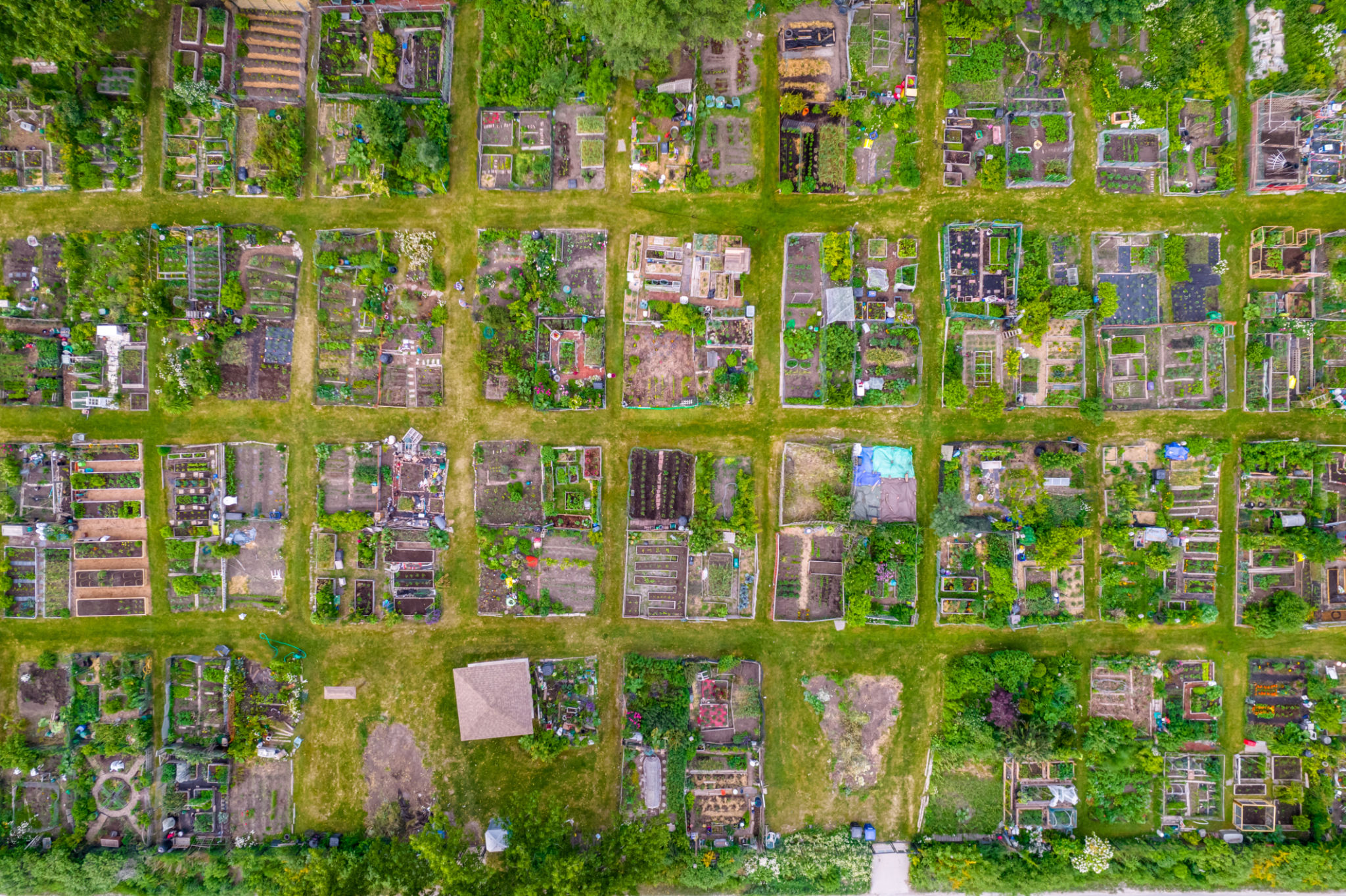Trends in Farm Development Solutions: What's Shaping Florida's Agricultural Future?
Introduction to Florida's Agricultural Evolution
Florida's agricultural landscape is undergoing a significant transformation, driven by innovative farm development solutions. As a state known for its diverse climate and rich soil, Florida is embracing new technologies and practices to enhance productivity and sustainability. From precision agriculture to sustainable farming practices, these trends are shaping the future of agriculture in the Sunshine State.

Precision Agriculture: The Digital Revolution
One of the most impactful trends in farm development is the adoption of precision agriculture. This technology-driven approach utilizes data analytics, GPS, and IoT devices to optimize field-level management. By harnessing real-time data, farmers can make informed decisions about planting, fertilizing, and harvesting, leading to increased yields and reduced waste. The use of drones for crop monitoring and soil analysis is also gaining traction, providing a bird's-eye view of farm operations.
Benefits of Precision Agriculture
- Increased Efficiency: Helps farmers maximize resources and reduce inputs.
- Cost Savings: Minimizes unnecessary expenditures on water and fertilizers.
- Environmental Impact: Reduces chemical runoff and conserves natural resources.
Sustainable Farming Practices
As environmental concerns grow, sustainable farming practices are becoming a cornerstone of Florida's agricultural strategy. Farmers are increasingly adopting methods like crop rotation, cover cropping, and organic farming to maintain soil health and reduce reliance on chemical inputs. These practices not only promote biodiversity but also help in building resilience against climate change impacts.

Organic Farming: A Growing Trend
The demand for organic produce is on the rise, prompting more Florida farmers to transition to organic farming. This shift not only caters to consumer preferences but also involves eco-friendly practices such as composting and natural pest control. Organic farming enhances soil fertility and reduces the carbon footprint, aligning with the goals of sustainable agriculture.
Urban Agriculture: Farming in the City
Urban agriculture is another trend making waves in Florida. With increasing urbanization, cities are exploring vertical farming, community gardens, and rooftop farms to bring agriculture closer to urban dwellers. These initiatives not only provide fresh produce but also foster community engagement and education about local food systems.

Vertical Farming: Maximizing Space
Vertical farming is particularly popular in urban settings due to its ability to maximize limited space. By growing crops in stacked layers using controlled environments, vertical farms can produce food year-round, regardless of weather conditions. This innovative approach is helping to meet the food demands of growing urban populations while minimizing land use.
The Role of Technology in Farm Management
Technology continues to play a crucial role in modern farm management. From automated machinery to smart irrigation systems, technology is streamlining operations and enhancing productivity for Florida farmers. These advancements allow for better resource management and improved crop quality, ultimately contributing to a more efficient agricultural sector.
As these trends continue to evolve, Florida's agriculture is poised for a future that balances productivity with sustainability. Embracing these innovative solutions will be key in addressing the challenges of climate change, resource scarcity, and food security.